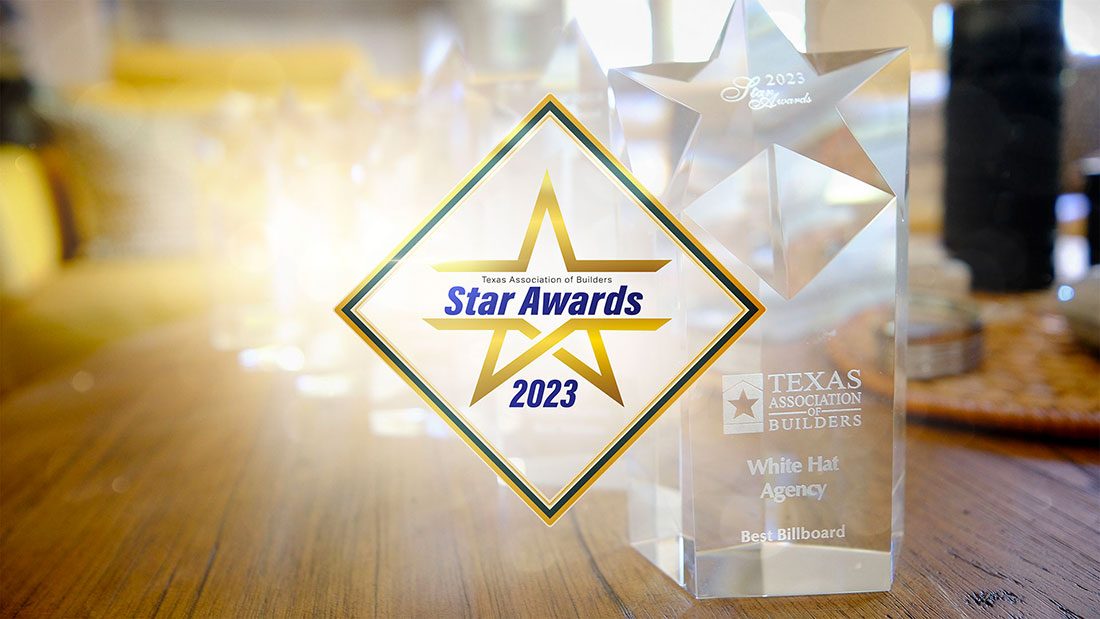AUSTIN, Texas. August 2, 2023 – White Hat Agency took center stage at the Texas…

Corporate Social Responsibility
Corporate Social Responsibility (CSR) can be described as a company embracing responsibility for its actions and creating a positive impact on its employees, stakeholders, the environment, and outside organizations beyond a financial gain. CSR selections gives insight to who the brand is and what it believes in. For example, Tom’s gives a pair of shoes to a child in need for every pair of shoes that are purchased. This makes consumers feel good about their purchase beyond the materialism of new shoes. For me, it helps justify a splurge.
Why participate?
There are many benefits to CSR and it seems like no brainer… to most. There appears to be a link between CSR and business performance, but many companies point to the non-financial benefits as their motive. CSR practices can have a positive impact on recruitment and retention of employees, creates a strong company culture, sets brands apart to help achieve consumer trust and loyalty, and establishes recognition of the “triple bottom line”. This recognizes that CSR not only creates financial return, but also social and environmental benefits to the society. Consumers in turn want to purchase from this brand because they then feel as though they are contributing to society financially, socially, and environmentally.
Why some brands keep to themselves?
Those against CSR see it as unrelated to the primary aim in business — generating profit for shareholders. Another big issue it that some believe that managers should not select social causes for a diverse work force and that the company can do the most good for society by distributing earnings to shareholders. Green-washing is also frequently mentioned with CSR. Some companies spend more time and money advertising being “green” than investing in green practices. In this case CSR becomes a misleading attempt to shape public opinion.
Who is doing it best?
According to Forbes, these companies set the corporate social responsibility bar high in 2015:
Microsoft- human rights and environmental sustainability
Google- Google China Social Innovation Cup, Earthquake Relief Efforts, and Grants that provide free AdWord advertising for charitable organizations
BMW- From 2006 to 2015, per vehicle shipped, BMW’s South Carolina plant has decreased:
Water consumption by 58%
Energy consumption by 65%
Waste disposed of in a landfill by 86%
Industrial wastewater by 58%
Walt Disney- promotes environmental education through films, Disney Worldwide Conservation Fund, Disney VoluntEARS Program (what a cute name!)
Apple- toxins like mercury and lead have been removed from all Apple products and energy saving modes have been implemented



